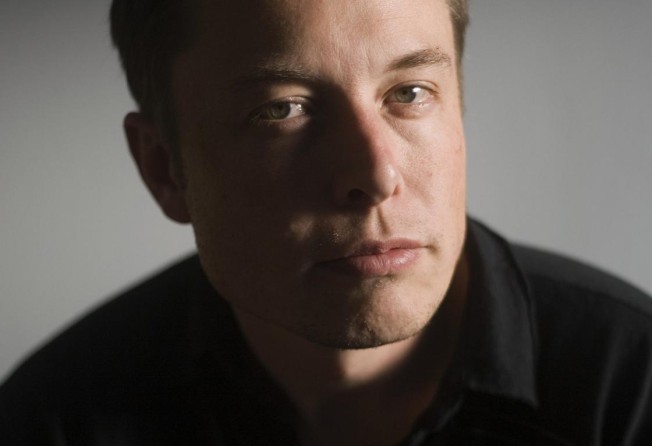
SpaceX bids to break Boeing, Lockheed hold on space launches

A high-stakes battle is under way in Washington over launching the US government's most sophisticated national security satellites.
Space entrepreneur Elon Musk is pitted against the nation's two largest weapons makers, Boeing and Lockheed Martin in a fight for military contracts worth as much as US$70 billion up to 2030.

The monopoly drew fire this month as legislators repeatedly peppered US defence leaders with questions about the arrangement.
A bipartisan group of seven senators also wrote to defense secretary Chuck Hagel asking for more scrutiny. That came days after the government accountability office reported that the programme had tripled in cost in the past five years. The letter urged Hagel to "take all necessary steps to ensure the air force fulfils its commitment to provide meaningful competition".
That was good news for Musk and his firm, Space Exploration Technologies, or SpaceX. Over the years, Musk has battled to break the grip of entrenched aerospace giants on the nation's space programmes.
SpaceX already has changed the way Nasa conducts space flight. It now runs regular cargo resupply missions to astronauts aboard the International Space Station. It became the first private company to do so after the space shuttle fleet was retired in 2011.
Last month, Musk testified before Congress seeking the right to bid on the space launch programme, called the evolved expendable launch vehicle.
"There should be no more sole-sourcing under this programme when competition is an option," Musk said.
As it stands, the air force buys United Launch Alliance rockets to launch satellites for spying, weather forecasting, communications, GPS and other experimental purposes. The government pays the company nearly US$1 billion each year whether it launches six times or none.
- SpaceX said its planned launch to the International Space Station on Monday was delayed because of a helium leak on its Falcon 9 rocket.
The company said it planned to fix the leak and prepare for the next launch opportunity on Friday, "although weather on that date isn't ideal".
The company was to launch its Falcon 9 rocket and space capsule in March, but several delays repeatedly pushed it back.